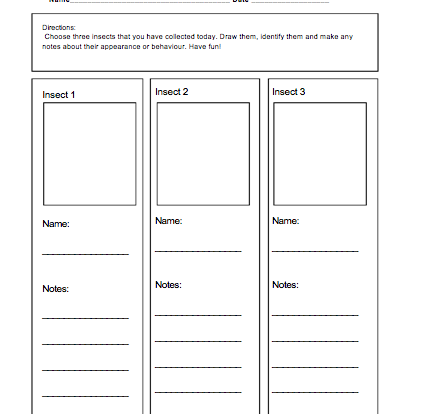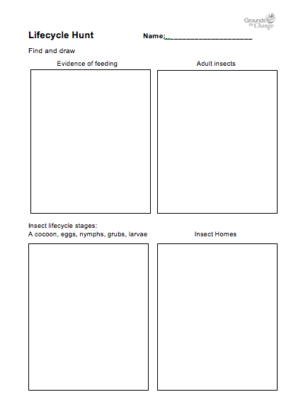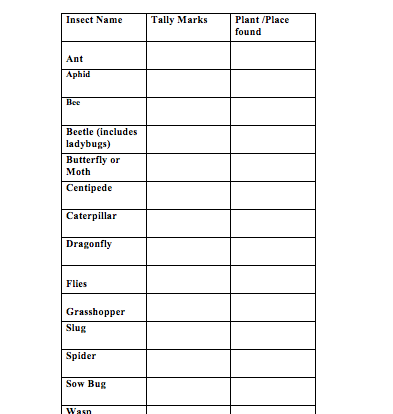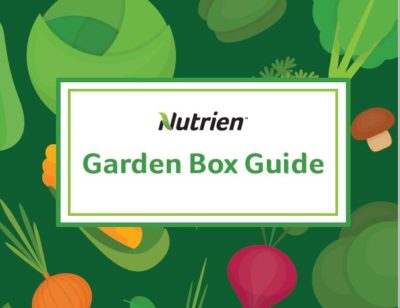-
Learn about insects and their adaptations. Ask students to collect or observe 3 insects, draw them, and make notes on their appearance/behavior. Wrap up: compare insect drawings and discuss what certain adaptations might mean for the insect ie: wings, protective armor, stingers, etc.
-
Discuss lifecycles, insect lifecycle stages and plants. Student’s search for insects, write down what stage of the lifecycle the insect is in and the name of the plant the insect was on. Wrap-up: common insects and stages, predict seasonal differences, etc.
-
Discuss lifecycles, insect lifecycle stages and plants. Student’s search for insects that match each of the descriptions and draw them. Wrap-up: common insects and stages, predict seasonal differences, etc.
-
The International Plant Nutrition Institute (IPNI) is a not-for-profit, science-based organization dedicated to the responsible management of plant nutrition for the benefit of the human family.
To learn more visit: www.ipni.net
-
Discuss invertebrates. Discuss the general environment in which invertebrates live. Students then investigate what invertebrates live in your schoolyard and where. Wrap up: Discuss the list of invertebrates found. What invertebrates were not found? Where might they be found? How do invertebrates contribute to their environment?










